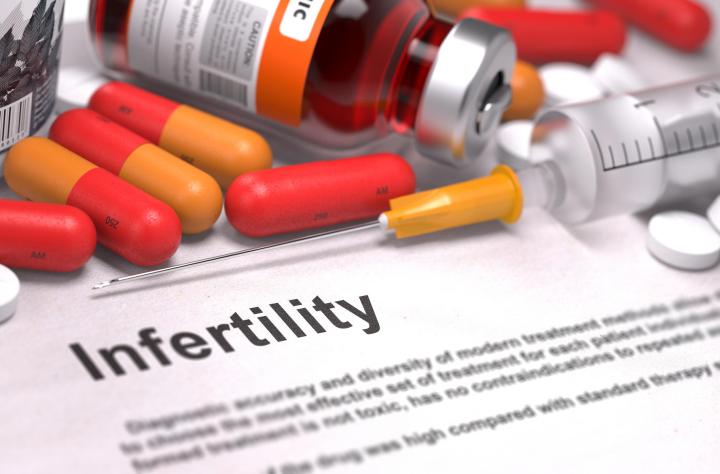Whether you’ve been trying for a while to conceive, or perhaps you have just started to look into having a baby or stuck somewhere in the middle, there are things all women should know about fertility.
In the UK, 3.5 million people are affected by fertility issues and it is important that all women are educated on what factors could be influencing their ability to conceive.
Professor Geeta Nargund, Medical Director at Create Fertility, discusses some of the most important things that every woman needs to know about her fertility.

Get to know your cycle – Gaining a better understanding of how your body works can be a big help when you are trying to conceive. Your cycle should be a consistent length each month and not fluctuate hugely. In other words, if you have a cycle every month (around every 26-35 days), you have a regular cycle. If you often miss periods, you might be dealing with irregular hormonal fluctuations. If your period is consistently irregular, I would advise seeing your GP.
It can take a while to get pregnant, even for young, healthy couples – Most couples assume that when they start having unprotected sex, they will get pregnant straight away. In reality, 85% of healthy young women will conceive within a year of trying. If you’ve had regular sex without birth control for 12 months and are under the age of 35 then I would recommend seeking advice from your GP. However, if you are over 35 then I would advise seeing your GP after 6 months.
Fertility issues affect both men and women – Fertility issues aren’t unique to women, in fact, men are found to be solely responsible for 25-30% of infertility cases and contribute to 50% of cases overall. I would strongly advise that when seeking help, make sure your partner gets checked out as well as you, this will help you pinpoint where the problem lies and allow you to access the right help and treatment quicker.
Age is a major factor, even if you are perfectly healthy – Age is the most important factor that affects a woman’s fertility. Biologically, the optimum period for childbearing is between 20 and 35 years of age. When a woman reaches 35 her fertility dramatically decreases and by 40 the chance of conceiving naturally is further reduced.
Lifestyle factors can play a huge role in stopping you from conceiving – An equal number of fertility issues stem from lifestyle factors and making lifestyle changes can be one of the hardest barriers for couples to overcome. However, lifestyle and fertility go hand in hand and changes need to be made in order to make a significant impact and help you to conceive. Stress levels, smoking, caffeine, and alcohol are all factors that can influence your fertility and cutting down on all of these will help to boost it. It is important to maintain a healthy diet and body weight and to also exercise regularly.
Health conditions can make it harder to conceive – Having a condition such as polycystic ovary syndrome (PCOS), endometriosis or thyroid problems can make it harder to conceive naturally and IVF might be recommended in some cases. So, if you’re concerned about symptoms such as excessive bleeding, pain during intercourse or rapid weight gain, make an appointment with your GP and get it checked.
Support is out there – An important thing to remember when going through fertility problems is that you aren’t the only one struggling. 1 in 6 couples in the UK are going through the same thing and support groups are available. These can include peer-led groups run by patients, Fertility Network UK or groups run by fertility clinics